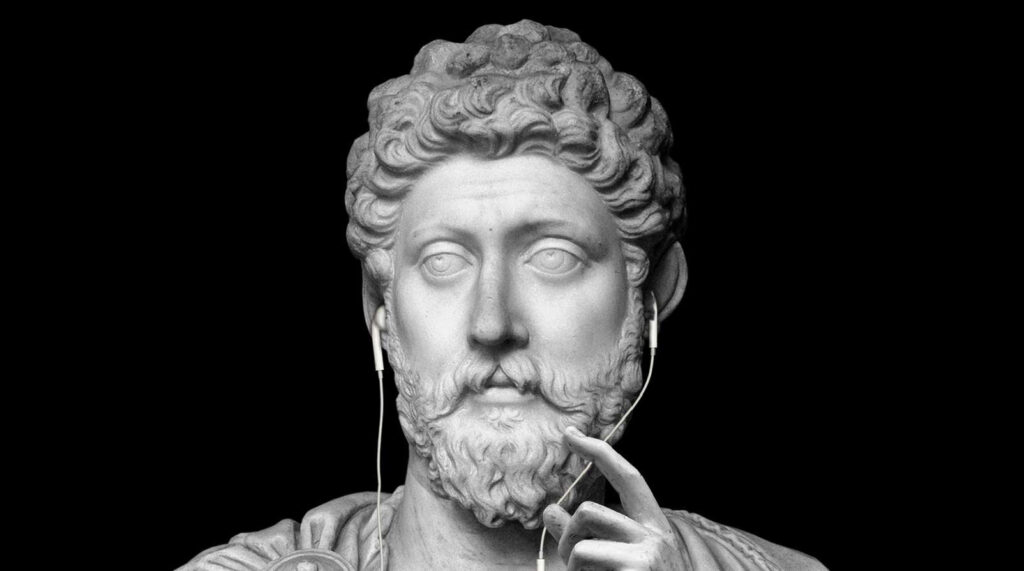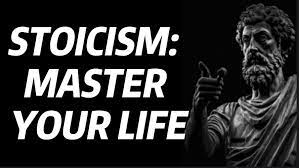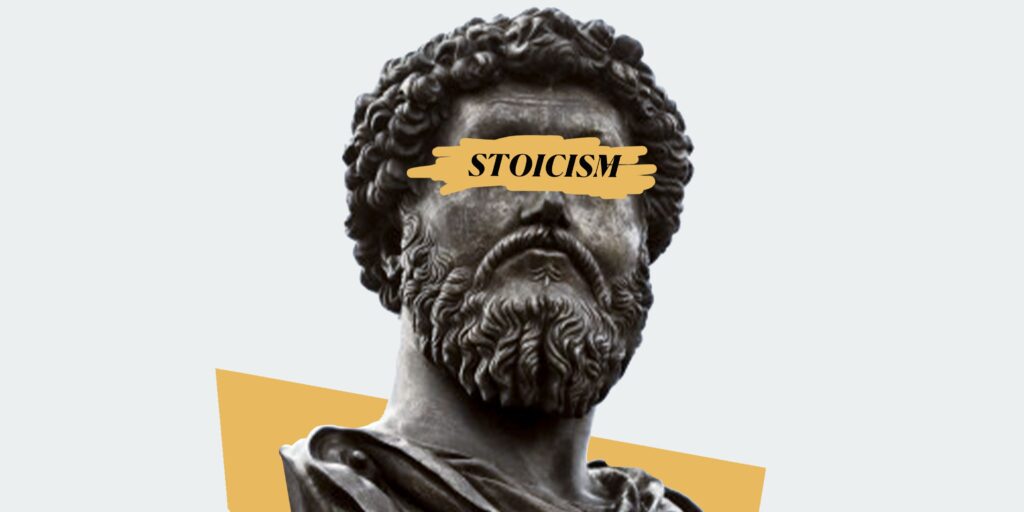Stoicism is a well-known philosophical system that has gained popularity over the years. With its emphasis on reason, ethics, and the importance of self-control, many people have turned to this system to help them navigate the challenges of life. However, some people wonder if Stoicism is a religion or if it is merely a philosophical system. In this article, we will explore the nature of Stoicism and determine whether it can be classified as a religion.
What is Stoicism?

Stoicism is a philosophy that was founded in Athens by Zeno of Citium in the early 3rd century BC. The philosophy emphasizes the importance of logic, ethics, and the ability to control one’s emotions. Stoicism also places great value on the idea that individuals should live in harmony with nature and that everything happens for a reason.
The Three Main Components of Stoicism
Stoicism is made up of three main components: logic, ethics, and physics.
Logic
Logic is the foundation of Stoicism. It is through logic that one can reason and understand the world around them. By using logic, individuals can determine what is true and what is false, allowing them to make better decisions in life.
Ethics
Ethics is the branch of Stoicism that deals with the nature of morality and how individuals should behave. Stoicism places great importance on the idea of living in accordance with nature and the importance of treating others with kindness and respect.
Physics
Physics is the study of the natural world and the laws that govern it. Stoicism places great importance on understanding the natural world and living in harmony with it.
Is Stoicism a Religion?

Stoicism is not a religion in the traditional sense of the word. There is no belief in a higher power or deity that individuals must worship or adhere to. Instead, Stoicism is a philosophical system that focuses on living a virtuous life through the use of reason and ethics.
Stoicism and Religion
While Stoicism is not a religion, it does share some similarities with certain religious systems. For example, Stoicism places great importance on living in accordance with nature, which is similar to some religious beliefs. Additionally, Stoicism places great value on the idea of living a virtuous life, which is also emphasized in many religious systems.
Differences Between Stoicism and Religion
Despite these similarities, there are some key differences between Stoicism and religion. One of the main differences is that Stoicism does not require individuals to believe in a higher power or deity. Additionally, Stoicism places more emphasis on reason and logic, while many religions rely on faith and belief.
Why Do People Confuse Stoicism with Religion?
There are several reasons why people may confuse Stoicism with religion. One of the main reasons is that Stoicism places great value on ethics and living a virtuous life, which are also emphasized in many religions. Additionally, some people may confuse Stoicism with religion because of the similarities between Stoicism and certain religious systems.
Conclusion

In conclusion, Stoicism is a philosophical system that emphasizes the importance of reason, ethics, and the ability to control one’s emotions. While it shares some similarities with certain religious systems, it is not a religion in the traditional sense of the word. Instead, Stoicism is a way of life that encourages individuals to live in accordance with nature and to strive for excellence in all aspects of their lives.
FAQs
- Can you be religious and still practice Stoicism?
Yes, individuals can be religious and still practice Stoicism. Stoicism is not a religion and does not require individuals to believe in a higher power or deity.
- What are some key Stoic teachings?
Some key Stoic teachings include
- The importance of reason and logic in understanding the world around us.
- The ability to control our emotions and reactions to events that happen in our lives.
- The belief that everything happens for a reason and that we should accept what we cannot change.
- The importance of living in accordance with nature and striving for excellence in all aspects of our lives.
- The idea that we should treat others with kindness and respect, and that we are all part of a larger community.
- The understanding that material possessions and external circumstances do not determine our happiness or well-being.
- Is there a specific Stoic practice or ritual?
There is no specific Stoic practice or ritual, as Stoicism is not a religion. However, some Stoic practices include journaling, meditating, and reflecting on Stoic teachings.
- Can anyone practice Stoicism?
Yes, anyone can practice Stoicism. Stoicism is a philosophy that is open to anyone who is interested in it, regardless of their background or beliefs.
- How can Stoicism help in daily life?
Stoicism can help individuals navigate the challenges of daily life by providing a framework for understanding the world around us and dealing with difficult situations. By focusing on reason, ethics, and the ability to control our emotions, Stoicism can help individuals lead a more fulfilling and meaningful life.



